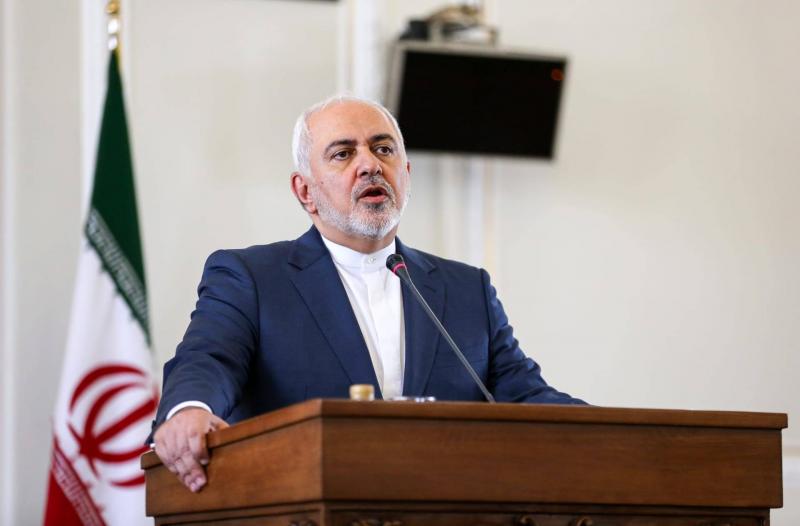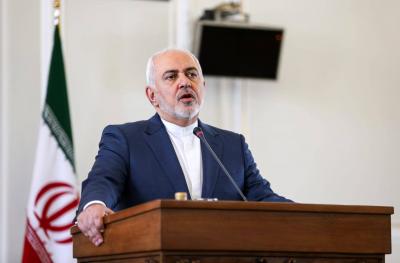Mohammad Javad Zarif, the Iranian Vice President, resigned from his position, but he did not depart quietly, pointing to a "campaign of vilification" and attempts to obstruct the work of newly-elected President Masoud Bezhakian's government. The Iranian Vice President for Strategic Affairs, Mohammad Javad Zarif, criticized the proposed government lineup presented by President Masoud Bezhakian when announcing his resignation. Zarif had faced repeated criticism from the conservative faction, while the reformist faction also criticized the proposed government for including a significant number of politicians aligned with the conservative camp.
Less than a month and a half after winning the presidential election in Iran, signs of disagreement between President Masoud Bezhakian and his reformist and moderate allies appear more apparent and acute. These disputes became public with Bezhakian’s presentation of his government lineup, which included several politicians aligned with the conservative faction, prompting Zarif to announce his resignation, expressing shame over the lack of representation of women, youth, and minorities in the government.
Azar Mansouri, the head of the reformist front, criticized Bezhakian's proposed government, claiming that more than 80% of the country's power would be in the hands of other branches of power, while other reformist voices suggested that Bezhakian failed his first test as president. These criticisms follow the proposed list of ministers submitted by Iranian Parliament Speaker Mohammad Baqir Qalibaf, which included about eight ministers from the conservative camp among the 19 ministerial portfolios, while the proposed government included only one woman for the Ministry of Roads.
Although Bezhakian had promised during his election campaign to form a young, diverse, and inclusive government, some believe the reformist president, whose victory over the conservative candidates was surprising to many, will struggle to operate outside the parameters of the policies set by the Iranian Supreme Leader. In a tweet on the X platform, Zarif stated that he did not resign due to disagreements with President Bezhakian but because of his doubts about his usefulness in the position. He indicated that some individuals used his position as a pretext to pressure the government and hinted at a campaign of vilification against him. Zarif mentioned facing pressure and criticism over his children holding U.S. citizenship, clarifying that he and his family reside in Iran and do not own any properties outside the country, and he would continue to support Bezhakian and his government.




